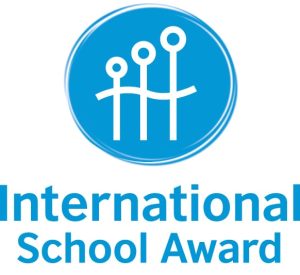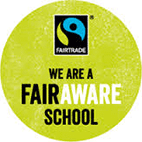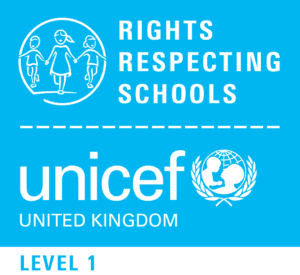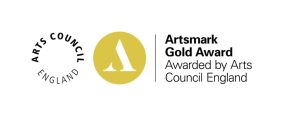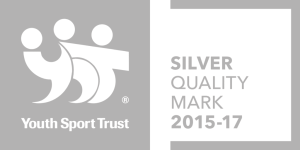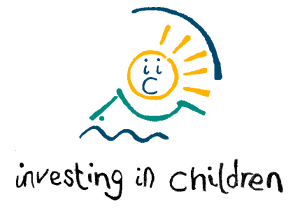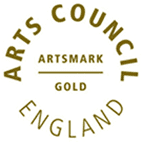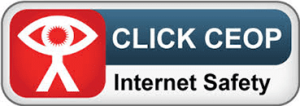School Closure Phonics Support
Please find below a link to the Ruth Miskin YouTube channel, where daily speed sounds lessons will be streamed live each day from 9.00am. There will be three lessons each day for each of the three speed sounds sets.
Please see Year 1 page for phonic matched electronic reading books.
To access resources to support your child with phonics during this period of closure, click here.
School Closure Accelerated Reader Support
Children in Years 2-6 will be able to access Accelerated Reader and quiz from home during the school closure. You can type in the name of any book they read at home into the search box on Accelerated Reader Bookfinder to find out the quiz number and level. Children can then log into Accelerated Reader during school hours (9.00am-3.15pm) to complete their quiz, just as they would do in school, using their usual username and password. You can access Accelerated Reader by clicking here. We would encourage children to quiz on books that are as near to their current level as possible.
School Closure Reading Activities
- Calling all David Walliams fans! Every day at 11am, David Walliams will be reading one of his stories from his book, ‘The World’s Worst Children’. To listen to today’s story, click here.
- We have free access to thousands of online books through myON. Children can browse the books by topic or by searching for a particular title and read the book on screen. You can access these book by clicking here.
At Etherley Lane, we are passionate about reading. We do not just teach the reading curriculum; we also strive to develop the reading environment, celebrate reading and engage parents in order for all of our children to become lifelong readers. We want the children at Etherley Lane to develop a passion for reading and be able to apply their reading skills across the curriculum. When the children leave Etherley Lane, we want the children to be able to utilise these skills in their lives.
From the beginning of September in Early Years, children are introduced to our ‘Read Write Inc.’ synthetic phonics programme. We have fidelity to a single programme to ensure consistency in strategies introduced. In the programme, children learn sounds and the letters that represent them, and how to form the letters. Then, they read books written using only the letters they have learnt (and a small number of separately taught ‘tricky words’). This gives the children plenty of early success and builds up their reading confidence.
Children are taught phonics every day for 20 minutes initially in Early Years, building up to 45 minutes by the end of the Autumn Term. In Year 1, children are taught phonics every day for one hour as part of their English lessons. In order to support the work on phonics that the children do in school, phonic books are sent home with the children. These books are designed to consolidate and reinforce the sounds being taught in Read Write Inc.
Please click here to find out more information about Read Write Inc. and what you can do to further support your child.
From Year 2, the children are able to access the STAR reading assessment test. Once the children have completed the test, they are assigned a book level through a digital test. Book levels range from 0.1-8.0. Once children have read their book at home, they are given the opportunity (within guided reading or independent reading time) to take an online quiz.
The quizzes have several functions. Firstly, they check learners’ comprehension. They also provide teachers with vital assessment information which can be used to inform next steps. In addition, children receive points for their quizzes and can work towards targets. This provides a motivational element to reading books.
Once learners are regularly answering 85% of the quiz questions correctly, teachers will use their judgement to challenge them by moving them up the book levels.
LEARNERS ONLY MOVE UP LEVELS WHEN THEY DEMONSTRATE PROGRESS THROUGH THEIR QUIZZES AND TEACHER ASSESSMENT
It is important that comprehension and decoding are developed simultaneously, although children may have the ability to decode the words on the page. It is vital that they understand what they read too.
Please click here to find out more information about Accelerated Reader.
We implement this further by exploring a wide range of different genres and complexities of texts so that by the time they reach Year 6 and beyond, they have a good understanding of all of them and are able to access the more complex books expected of them in secondary schools.
We carefully choose and select texts to study, to take extracts from and to read as a whole. The texts selected should be pitched at just above the level of the most able reader in the class in order to provide challenge for all readers.
In each year group from Year 1-Year 6, we select narratives and poems across the following five themes:
- archaic/classic language (include vocabulary, syntax and cultural reference of texts over 50 to 100 years old)
- non-linear time sequences (where the story is not told in chronological order, e.g. flashbacks, flashforwards)
- narratively complex (stories that have an unreliable narrator, multiple narrators or a non-human narrator)
- figurative/symbolic text (texts which happen on a metaphorical or symbolic level)
- resistant texts (texts written to deliberately resist easy meaning-making by readers)
Alongside these narratives and poems, we read a good balance of topic-appropriate non-fiction to help further develop children’s background knowledge of the subject they are studying and to develop comprehension skills in the context of non-fiction.
Please view our class newsletters in the Our Classes section of our website to find out more about what your child is reading this term in their class.

